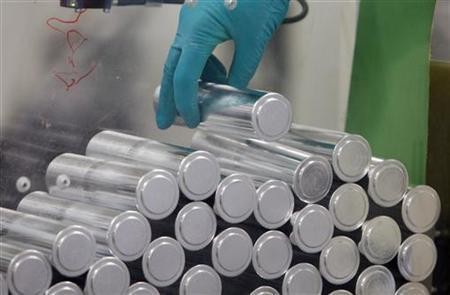Since Dr. Yet-Ming Chiang and MIT researchers launched the startup company 24M in 2010, he has become a household name in the lithium-ion battery industry. Chiang and his research group invented a breakthrough lithium ion battery that pairs the innovative tech with a 50 percent lower price tag and five times higher capacity.
Chiang and his team spent time developing a new flow battery that had high charge cycles and was eco-friendly. However, it was also huge and heavy.
After Chiang studied lithium-ion technology he concluded that the high-tech battery was offset by its expensive and inefficient production process. It was leftover from old-school cassette tapes.
Sony used many thin plates to convert factory equipment upgraded to manufacture CDs, to start producing lithium-ion electrodes. Each pair of plates had a spacer in between them.
A Business Wire press release has stated that today's battery industry has two practical options to cut costs. Companies can build huge factories or improve battery chemistry.
Chiang thought up a better solution. Using semi-solid materials to produce thicker electrodes would eliminate the metal spacers that took up 80 percent of the area in a standard lithium-ion battery, according to PlanetSave.
The next generation of 24M batteries could be game-changing technology. It would cut manufacturing times by 80 percent, reduce factory start-up costs by 90 percent, and produce a battery cell that is the easiest to recycle.
The new battery itself would also improve. It would have five times the storage capacity of conventional batteries, and a price that is 50 percent lower than current units on the market.
Chiang told Mashable that today's customers prefer lithium-ion batteries. Since they hit the market in the early 1990s, they have undergone tech upgrades but have never had major changes, according to The Monitor Daily.
























